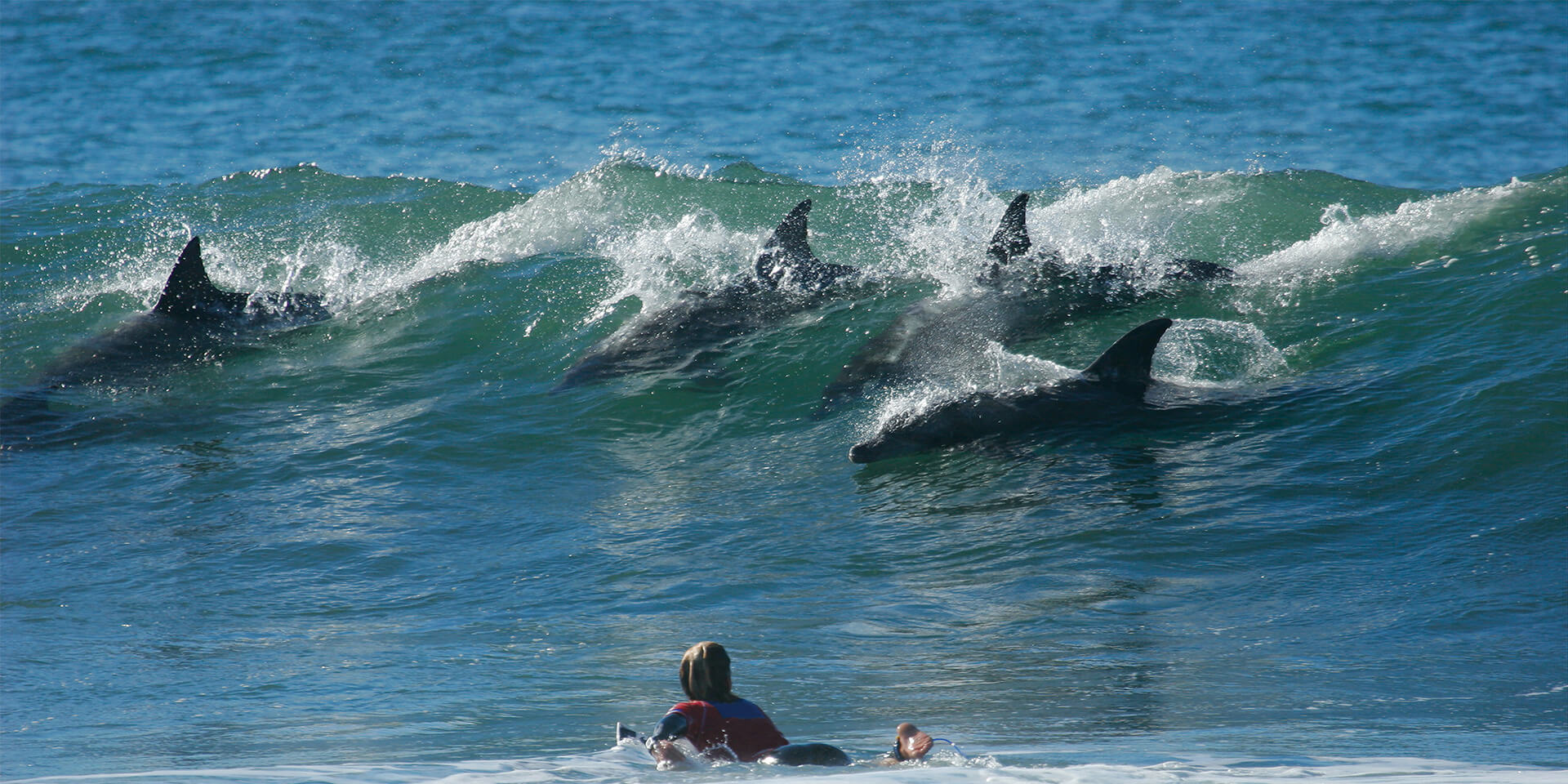Assessing the status of two coastal cetacean species in a marine biodiversity hotspot off the west coast of India
Bopardikar, I.
Indian Institute of Science Education and Research (IISER)
Two non-migratory cetacean species, the Indian Ocean humpback dolphin (Sousa plumbea) and the Indo-Pacific finless porpoise (Neophocaena phocaenoides), occur along the Sindhudurg coastline off western India. Both species are vulnerable to chronic anthropogenic pressures from co-occurring human activities that could result population-level impacts, including documented fisheries entanglement. This study aims to assess the population densities, space use, and spatiotemporal occurrence patterns of humpback dolphins and finless porpoises along the Sindhudurg coast, India using passive acoustic monitoring. This information is urgently needed to develop effective local and regional conservation strategies for these species to mitigate increasing anthropogenic pressures.
